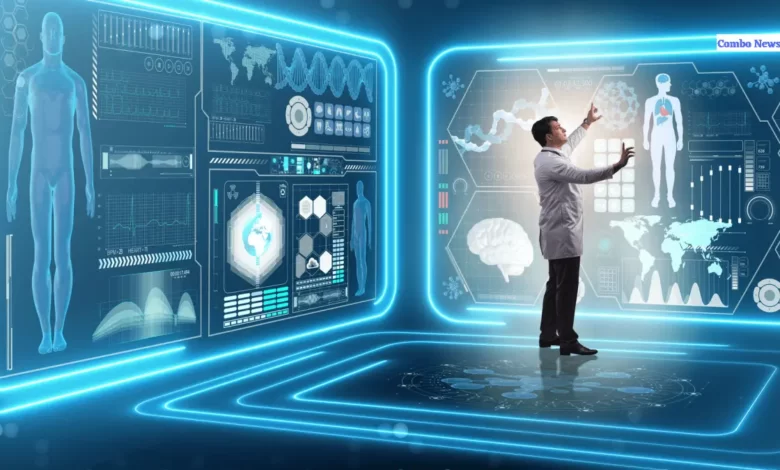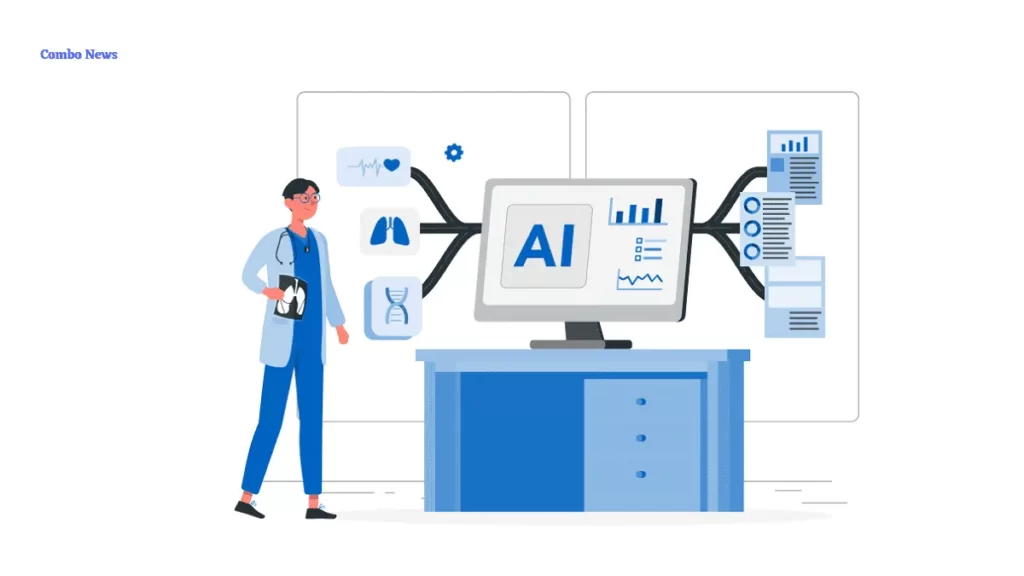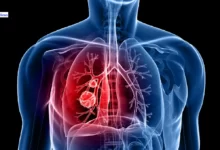Disease Detection Becomes Easy With AI – More Information Inside

Successful partnerships between AI businesses and the healthcare sector emphasise this trend even more.
Even though India’s healthcare system has greatly improved over the years, most patients still pass away due to the disease’s tardy discovery. The nation continues to face this difficulty. Most Indians, according to research by the National Academy of Medical Sciences (NAMS), only visit a hospital or a doctor when their illness has evolved to a serious level or when it is already too late. For India’s healthcare system, I think it is now more important than ever to fully harness the power of artificial intelligence (AI), particularly for the early identification and diagnosis of diseases.
According to data from NITI Aayog, India is on the right track with a surge in AI spending that reached $665 million in 2018 and is anticipated to reach $11.78 billion by 2025. Successful partnerships between AI businesses and the healthcare sector emphasise this trend even more.
Also Read | Plaques for Alzheimer’s Might Contribute to Hearing Loss
To identify diabetes problems early, NITI Aayog is investigating the use of AI in primary care. Additionally, they are evaluating AI’s accuracy as a screening tool for eye care by contrasting it with that of retina specialists. Eye screenings and early detection may be enhanced by combining AI with portable screening tools like 3Nethra, which would help distant areas of India.

Disease Detection Becomes Easy With AI
An AI algorithm that could accurately identify lung cancer from CT scans was demonstrated in an experiment conducted by Google developers in 2019 on artificial intelligence and its potential for use in lung cancer screening. In recognising malignant lung nodules, the system beat radiologists, potentially enabling early detection and intervention.
Similarly, to this, a 2020 study reported in Nature Medicine showed how AI can successfully identify lung cancer from low-dose CT scans. With a sensitivity of 94% for identifying malignant nodules, the AI model demonstrated its potential for early diagnosis.
Research by the Indian Council of Medical Research (ICMR) also demonstrates the potential of AI in tuberculosis diagnosis. AI algorithms can accurately identify tuberculosis by analyzing chest X-rays and CT scans, allowing for early intervention and better treatment results.
On a related note, a study titled Artificial Intelligence Models in the Diagnosis of Adult-Onset Dementia Disorders that was published in the National Library of Medicine demonstrates that combining AI methods with Magnetic Resonance Imaging (MRI) can significantly increase the diagnostic precision of various dementia types. Diagnostic accuracy has significantly improved when AI approaches are used in conjunction with MRI, with improvements ranging from 73.3% to 99%. These results suggest that combining AI with traditional MRI methods can lead to more accurate and timely identification of dementia illnesses.
Also Read | What is Teleradiology? Here Is Everything You Need to Know About It
Additionally, scientists have created AI models that can forecast a person’s likelihood of developing heart failure. To identify those who are more likely to develop heart failure, these models examine a variety of data sources, including electronic health records, medical imaging, laboratory results, and patient demographics. AI has been used to improve cardiac imaging modality analysis, including cardiac MRI and CT scans.
Addressing Issues and Harnessing the Potential of AI
Despite these encouraging results, India has yet to fully realise the immense promise of AI in the early diagnosis of diseases.
Numerous issues with India’s healthcare system are highlighted in the NAMS Task Force Report on AI in Healthcare. These include an ageing population, restricted access to care, antiquated record-keeping procedures, uneven healthcare quality, and a lack of qualified healthcare professionals. To completely utilise AI in early disease detection, these difficulties must be overcome.
Also Read | 10 Best Digital Healthcare Companies In USA
The National Strategy for Artificial Intelligence from NITI Aayog aims to fully utilise AI throughout the nation in addition to fortifying the country’s robust digital infrastructure. While protecting patient privacy and data security, I also think it would be best for the general populace of the country if the government promoted healthcare data exchange among organisations. Standardising data collection, storage, and interoperability will make it easier to combine various datasets, enabling more thorough and accurate AI models.
Additionally, now is the ideal time to invest in training programmes for new skills to develop a workforce with expertise in both AI and healthcare. Initiatives to reduce the talent gap might include training courses, seminars, and partnerships between academic institutions and business partners. India can advance significantly in its AI development by developing a qualified workforce.
Public-private collaborations are essential for fostering innovation, knowledge exchange, and the creation of AI-driven solutions. We can advance more quickly and remove obstacles to early disease diagnosis by utilising common resources and expertise. In my opinion, the G20 Healthcare Summit is a fantastic venue for discussing the applications of AI in the early diagnosis of diseases.
Campaigns for public awareness should be led by the government and aimed at policymakers, medical experts, and the public. The acceptability of AI in illness detection and its incorporation into the healthcare ecosystems will be facilitated by educating stakeholders about its advantages and limits.
The promise of AI in the early diagnosis of diseases is quite encouraging. India can embrace the AI-driven revolution in healthcare by tackling issues with data accessibility, healthcare infrastructure, ethical frameworks, workforce training, and validation. Early disease identification supported by AI can result in better patient outcomes, lower healthcare costs, and a healthier future for India with the proper strategy.
Also Read | Get Enough Vitamin D Without Increasing Skin Cancer Risk, From A Derm








